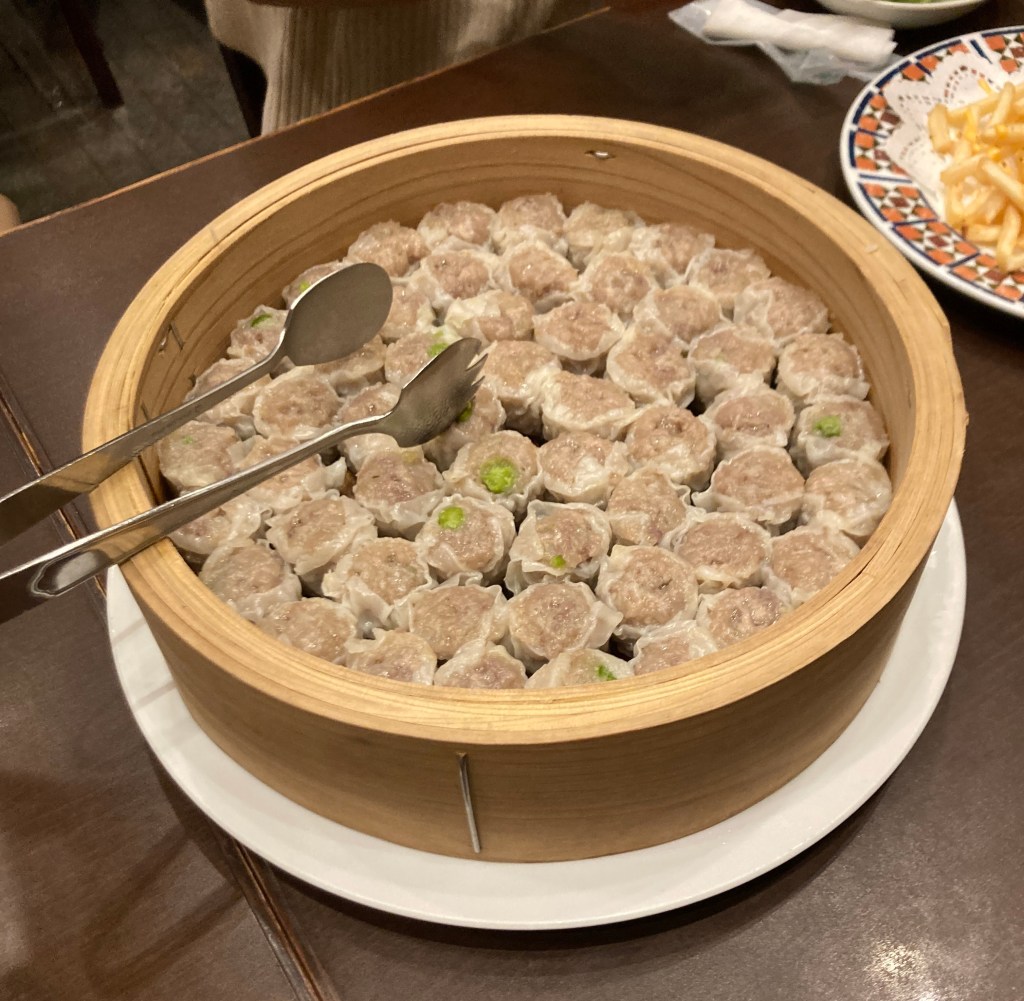In this article, Japanese names are written in the order of surname to first name.
WikiGap started from Sweden in 2017 and promoted the advancement of women’s rights internationally, then it landed to Japan in 2019. The 1st WikiGap edit-a-thon in Japan was held on September 29th 2019 at the Embassy of Sweden, Tokyo. After that at least 19 WikiGap edit-a-thons held at various cities in Japan.
On March 3rd 2024, WikiGap in Kanagawa 2024 held at the Kanagawa Prefectural Library, Yokohama, organized by the WikiGap Kanagawa Executive Committee, co-organised by the Kanagawa Prefectural Library and supported by the Yamakawa Kikue Memorial Committee. In Japan March 3rd we call “Hinamatsuri”, means “Doll’s Day” or “Girl’s Day”, Japanese family which has girl celebrated with a set of ornamental dolls, then it is fitting to WikiGap.
Who is Yamakawa Kikue?
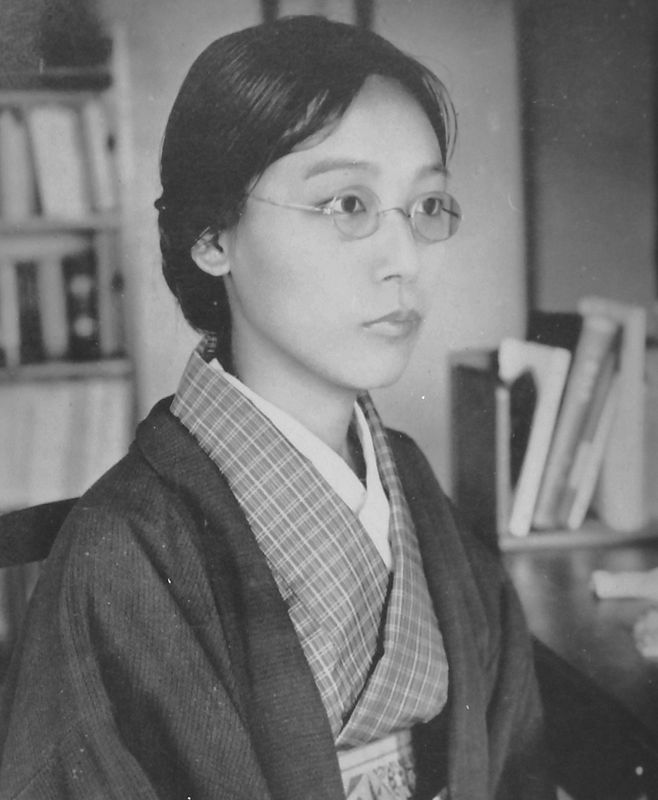
In the morning session we leaned about Yamakawa Kikue (山川菊栄, 1890-1980) and her collection. At first, members of the Yamakawa Kikue Memorial Committee introduced who Yamakawa Kikue was. She was one of Japanese socialist feminist. Her contemporaries included Yosano Akiko, Hiratsuka Raicho and Ito Noe, with whom Yamakawa often debated and deepend her ideas. She critisized Japanese patriarchal system and claimed women’s right. It is notable that in 1912 she graduated Tsuda Eigaku Juku (Tsuda University today), then she translated many English articles into Japanese. Then came the war, but she did not cooperate the war effort. After the World War II, as the first Director-General of the Women and Children’s Bureau of Ministry of Labor, she devoted herself to the protection of women’s right.
The Kanagawa Prefectural Library
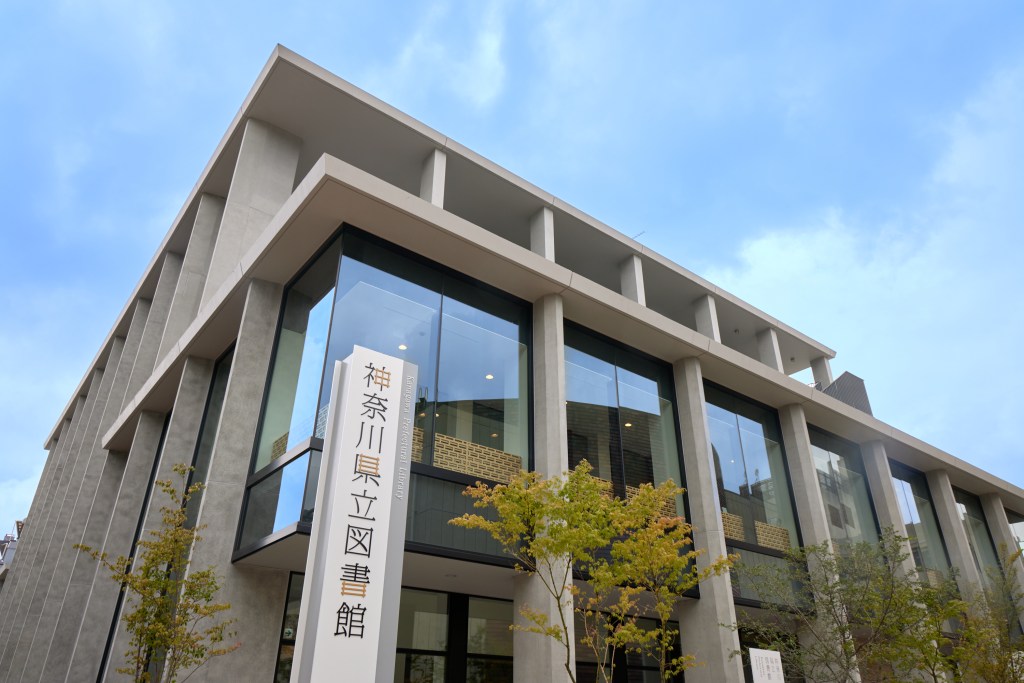
After the Yamakawa’s death, her archival materials were given to the Kanagawa Prefectural Women’s Center at Fujisawa by her son, then the Yamakawa Kikue Library (山川菊栄文庫) was open in the Center. In 2015, collections of the Yamakawa Library transfered to the Kanagawa Prefectural Library at Yokohama. In 2022, new building of the Prefectural Library has opened, Yamakawa’s Collection has introduced at the corner of “Symboisis (Living together)”. In addition, the Prefectural Library makes use of Yamakawa’s Collection at some exhibitions.
Edit-a-thon!
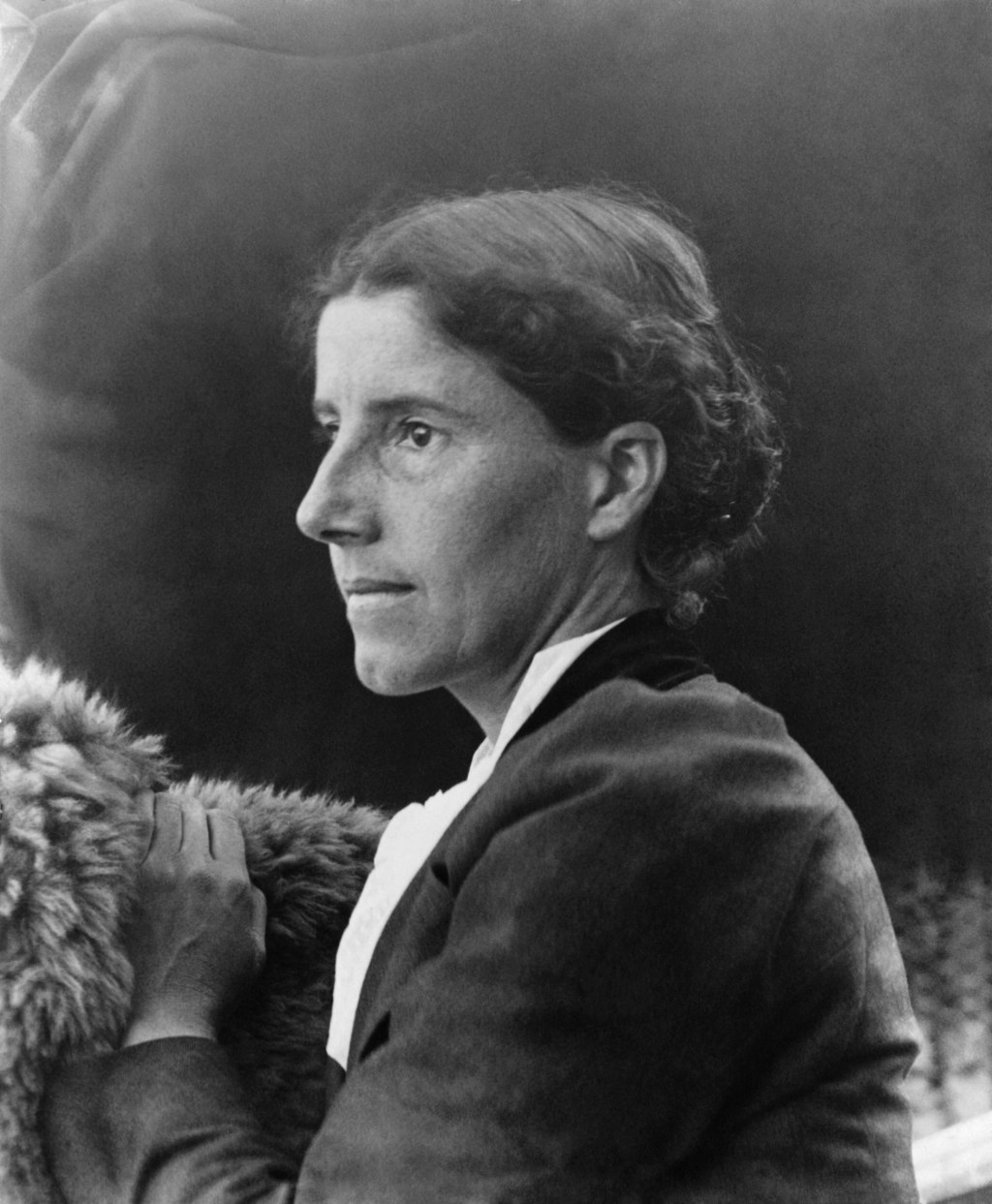
After lunch, perticipants devided to several groupes and began editing. Some beginners challenged to add citations to the article “Yamakawa Kikue” and “Yamakawa Kikue Prize” (山川菊栄賞). Other perticipants enriched “Kanagawa Prefectural Library” and “Kanagawa Gender Equality Center” (神奈川県立かながわ男女共同参画センター). Experienced Wikipedians created some new articles, e.g. “Safran (magazine)” (番紅花 (雑誌)), women’s monthly magazine of the 1910’s, related people like “Charlotte Perkins Gilman” (シャーロット・パーキンズ・ギルマン), “Bessie Beatty” (ベッシー・ビアティー). Not only Yamakawa Kikue, but also some articles related to WikiGap have created. For Example, British women’s suffragist “Margaret Haig Thomas, 2nd Viscountess Rhondda” (マーガレット・ヘイグ・トマス (第2代ロンダ女子爵)).
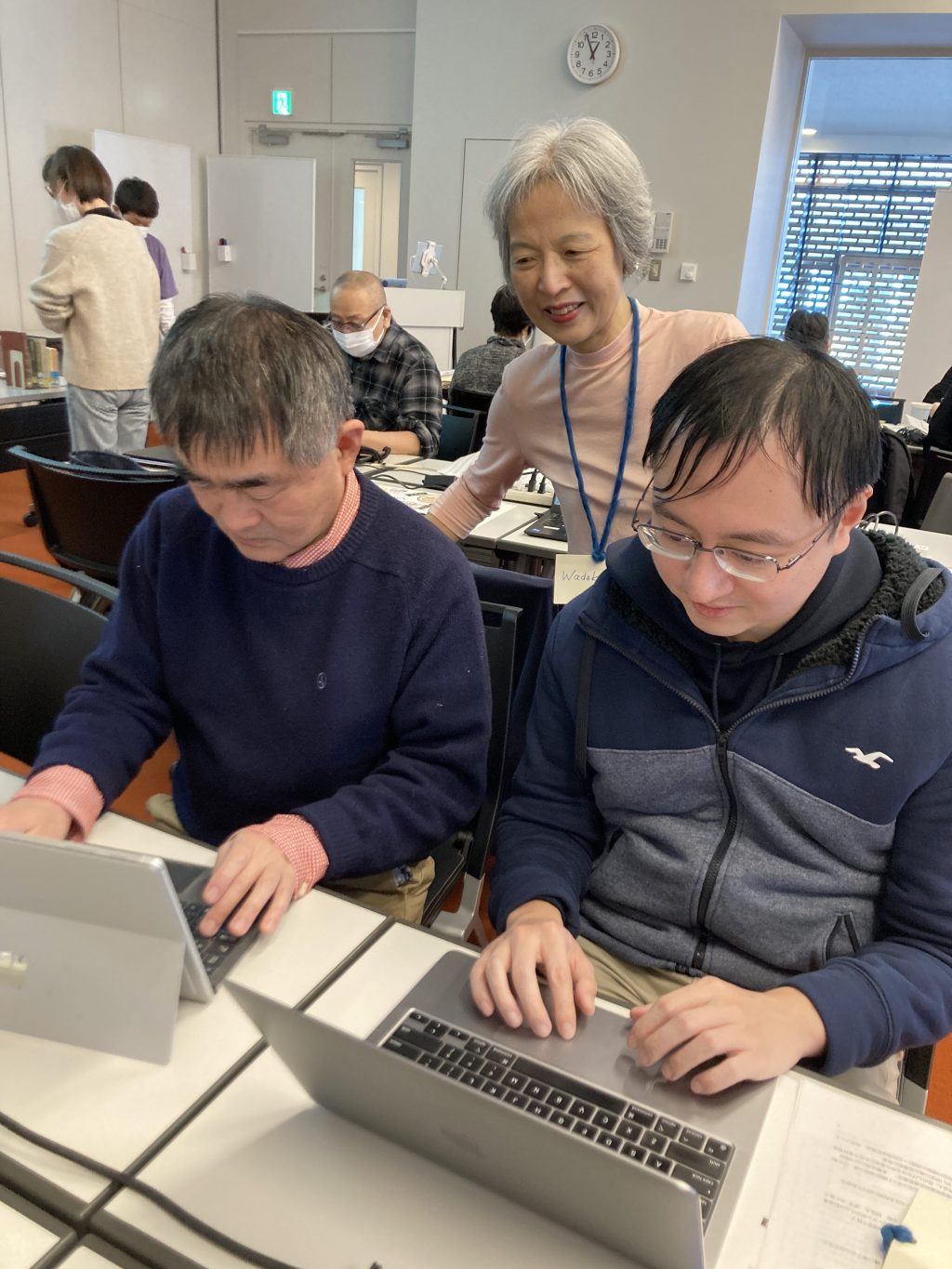
In the end, 27 participants created 6 new articles and enriched 28 articles. The participants ranged in age from high school student to over 70 years old, with a 50/50 split of women and men, and many faces came from not only the suburbs but also Hokkaido (North part of Japan) and Niigata Prefecture (300 km from Yokohama). The organisers of this edit-a-thon have been preparing for more than a year and have successfully organised the first event in 5 years. I have been very happy to participate this valuable opportunity.

Can you help us translate this article?
In order for this article to reach as many people as possible we would like your help. Can you translate this article to get the message out?
Start translation
